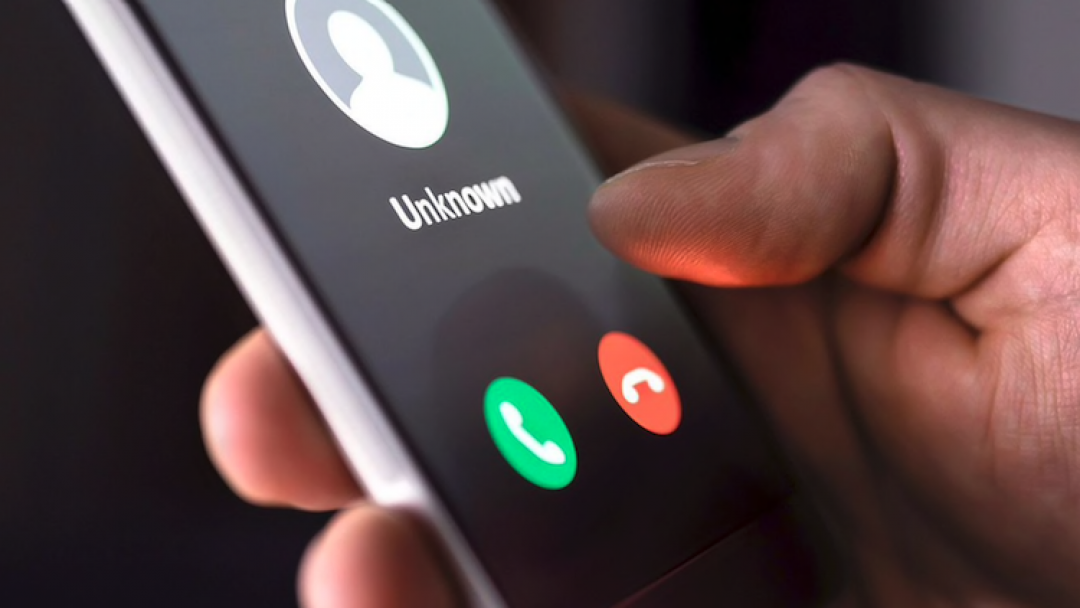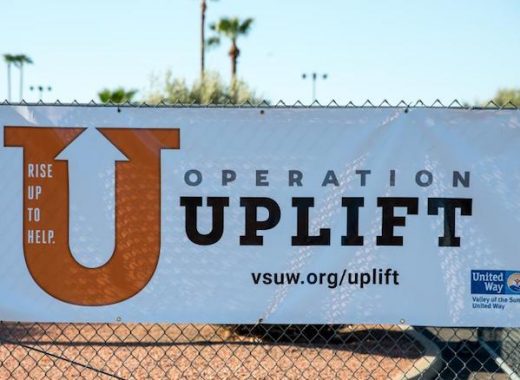The FCC’s Robocall Response Team announced Wednesday the latest batch of Enforcement Bureau cease-and-desist letters. These warnings tell two more voice service providers to end their apparent support of illegal robocall traffic or face serious consequences.
More than twenty providers have received warning letters, with almost all recipients either demonstrating that the robocall traffic was cut off or notifying the FCC that they would be ceasing all operations. The Enforcement Bureau took more aggressive action against the few that did not take responsive action following cease-and-desist letters. These actions have had a dramatic impact on large-scale robocalling schemes. FCC enforcement staff closely monitors these providers to ensure the robocall traffic does not return.
“Scam robocalls are more than just a nuisance, they waste our time and resources and destroy trust in our communications networks. We will continue to use every tool we have to go after this fraud and stop the bad actors responsible for these calls in their tracks,” FCC Chairwoman Jessica Rosenworcel said in a press release.
Prior cease-and-desist letters resulted in those providers taking steps to mitigate robocall traffic. These companies have reported their robocall mitigation efforts to both the FCC and the Industry Traceback Consortium. In some cases, the providers reported to the Commission that they would shut down their operations. The FCC continues to monitor these efforts and would take further action should a company backslide. The FCC Enforcement Bureau’s robocall cease-and-desist letters are archived at: https://www.fcc.gov/robocall-facilitators-must-cease-and-desist.
Chairwoman Rosenworcel established the FCC’s Robocall Response Team to serve as an FCC staff working group to combat the unyielding menace of illegal spoofed, scam, robocalls. The team pulls together expertise from across the agency to leverage the talents of enforcers, attorneys, policy makers, engineers, economists, and outreach experts.
Getting Results:
- Blocking active robocall scam campaigns by issuing first-of-their-kind actions resulting, in the case of a massive auto warranty robocall scam campaign, in a 99% drop in the volume of such calls;
- Numerous record-breaking spoofing and robocall fines;
- Closing gateways used by international robocallers to reach Americans’ phones;
- Widespread implementation of STIR/SHAKEN caller ID authentication standards to help traceback illegal calls and improve blocking tools to protect consumers;
- Cutting voice service providers off from other networks for failing to meet the FCC’s requirements for protecting consumers against scam robocalls and malicious spoofing;
- Signing robocall investigation partnerships with 43 states plus the District of Columbia and Guam as well as international partnerships with Australia, Canada, Brazil, Romania, and the European Union;
- Launching an unprecedented proceeding to combat the rising threat of bogus robotexts.
Robocall & Robotext Consumer Tips:
- Do not answer calls from unknown numbers.
- Do not respond to suspicious texts, including do not “text STOP” to end the messages.
- Be aware that spoofed calls may use caller ID from local exchanges or trusted entities.
- Do not provide any personal or financial information to unexpected callers.
- Be wary of text messages with misleading or incomplete info, misspellings, sales pitches, or mysterious links.
- Do not click on any links or provide any info via text or website.








